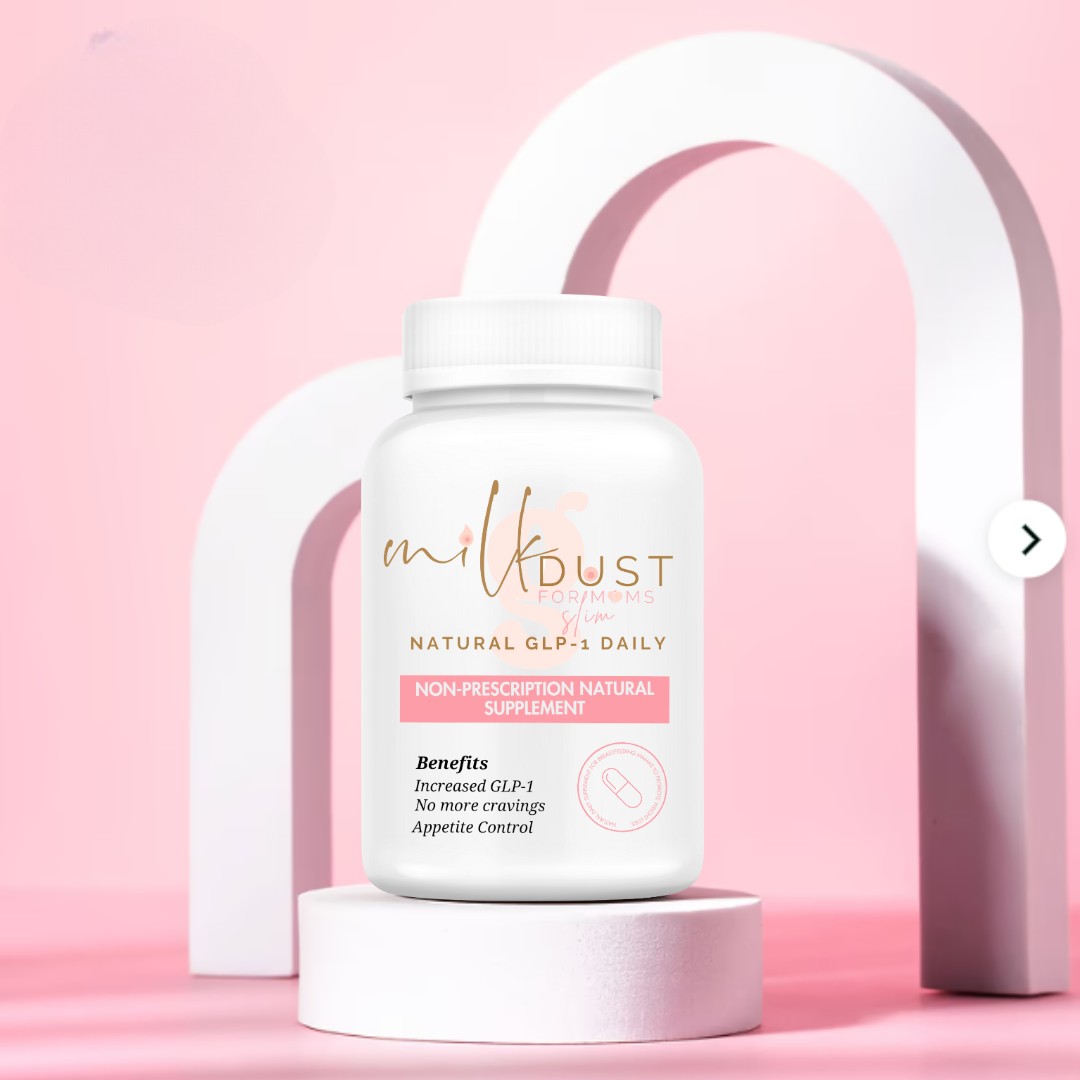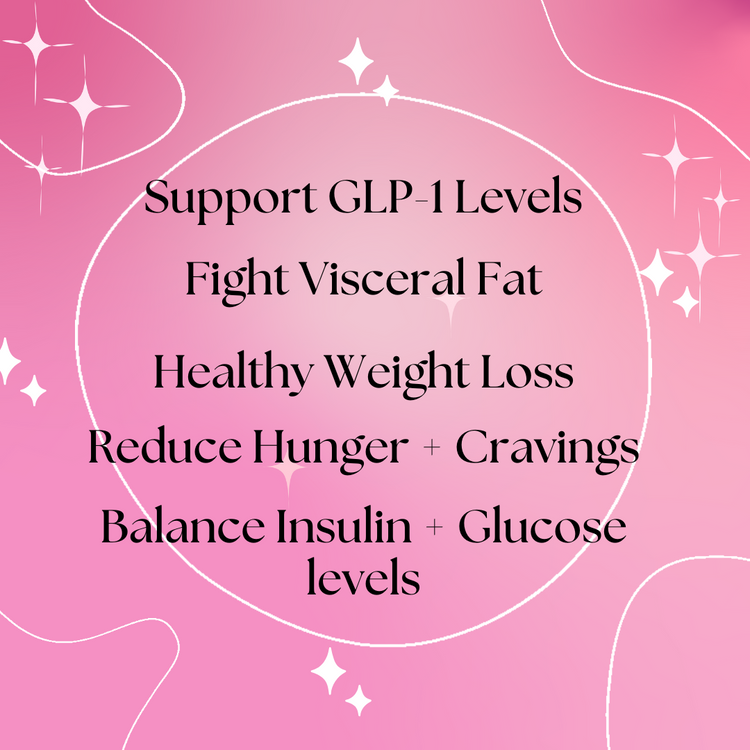Premier protein shakes offer a great dose of protein per drink, and many pregnant women were drinking them before they got pregnant, and are wondering if it safe to continue drinking them while pregnant. Protein shakes are a great option to add additional protein to any diet, and pregnant mothers have higher protein needs through all trimesters of pregnant. Premier protein shakes are not the best protein drink for pregnancy, and there are other options out there that offer more essential nutrients, essential amino acids and enough protein. Let's get into what I think of Premier Protein Shakes during pregnancy, as a Pre/Post Natal Fitness Specialist and Certified Nutrition Coach, and some healthier options that offer as much protein with much better ingredients for both mama and baby.
Is it safe to drink Premier Protein Shakes during pregnancy?
As a pre/post natal fitness specialist and certified nutrition coach, I don't recommend premier protein shakes during pregnancy because of the artificial sweeteners, chemicals and various ingredients that are not natural. Premier protein shakes' protein blend comes from milk protein concentrate and calcium caseinate. These are powders and protein derived from skim milk. If this were the extent of the ingredient list, I wouldn't have so many reservations, but in order to obtain texture and flavor, Premier Protein Shakes also have a long list of chemicals and the artificial sweetener, Sucralose. The chemicals that I have the most issues with are Acesulfame Potassium, Carrageenan, Tripotassium Phosphate, Dipotassium Phosphate and Sodium Hexametaphosphate. Carrageenan in particular, there’s been controversy surrounding the health effects of carrageenan. Some evidence suggests that carrageenan triggers inflammation, gastrointestinal ulcerations, and that it damages your digestive system. People have been petitioning for products with carrageenan to be labeled with a warning or removed entirely. Tripotassium Phosphate is used as a cleaning agent mostly, but can be used in small doses to adjust the acidity of a processed drink like Premier Protein Shakes. Dipotassium Phosphate is a salt that can be used as a fertilizer, and is water soluble. Sodium Hexametaphosphate is also a salt that can be added to cleaning agents and is an emulsifier. Generally, these are not products you want to chose in your protein drinks, and there are other options that are much better.
How much protein do you need during pregnancy?
The recommended dietary allowance (RDA) for protein during the first trimester of pregnancy is estimated at 46 g/day (0.8 g/kg bw/day), and at 71 g/day (1.1 g/kg bw/day) during the second and third trimesters. Protein intake increases for each trimester as the baby grows and mama needs more nurishment as well. Protein supplements can be agreat option to get in extra protein, but the supplements need to be high-quality protein, free of artificial flavors and low in added sugar. There are some good protein powders on the market for pregnant moms that I can suggest with a cleaner list of ingredients than the Premier Protein Shakes.
What are the benefits of protein during pregnancy?
Protein has many benefits both during pregnancy and after. I have written extensively on protein for breastfeeding and postpartum recover, and it is also extremely important to a healthy pregnancy. Protein can help with baby's growth, manage blood sugar levels and help prevent gestational diabetes. Protein consumption is key to feeling full on less calories, so you have less cravings, and maintaining your blood sugar levels so you don't crave as much sugar.
Protein is an essential nutrient during pregnancy, as it plays a vital role in supporting the health and development of both the mother and the growing baby.
Here are some of the key benefits of consuming adequate protein during pregnancy:
-
Fetal Development: Protein is crucial for the development and growth of the baby's tissues, including the brain, muscles, and organs. It helps in the formation of new cells and the synthesis of essential enzymes and hormones necessary for proper fetal development.
-
Maternal Tissue Growth: During pregnancy, the mother's body undergoes significant changes to accommodate the growing baby. Adequate protein intake supports the growth and maintenance of maternal tissues, such as the uterus and breasts, which expand to accommodate the developing fetus and produce milk for breastfeeding.
-
Amino Acid Supply: Proteins are composed of amino acids, which are the building blocks of the body. Consuming a variety of protein sources ensures that the mother and baby receive an adequate supply of essential amino acids required for various physiological processes.
-
Immune System Support: Protein is essential for a strong immune system. During pregnancy, a well-functioning immune system is crucial to protect the mother and baby from infections and illnesses.
-
Blood Volume and Hemoglobin Production: Protein is involved in the synthesis of hemoglobin, the protein responsible for carrying oxygen in the blood. As blood volume increases during pregnancy, an adequate protein intake supports the production of hemoglobin, ensuring a sufficient oxygen supply to both the mother and baby.
-
Energy Source: Protein provides a source of energy, especially when carbohydrate intake is insufficient. It helps the mother maintain energy levels during pregnancy, which is important, considering the increased energy demands of pregnancy.
-
Preventing Protein-Energy Malnutrition: Insufficient protein intake during pregnancy can lead to protein-energy malnutrition, which may result in low birth weight, poor fetal growth, and other adverse pregnancy outcomes.
-
Tissue Repair and Recovery: Protein aids in tissue repair and recovery, which can be beneficial during labor and postpartum healing.
With so many benefits, a protein shake is a great way for pregnant mamas to ensure they are getting enough protein in every day. Eating lots of chicken, eggs or lean meat isn't always appealing during pregnancy, which is why delicious shakes can be a great addition to a healthy diet.
What are the best protein shakes for pregnancy?
When looking for a good protein shake, it is really important to consider the full ingredient profile to make your best choice. I created Bump Dust, a prenatal protein powder that also has a complete prenatal vitamin profile. There are a few ways to make protein shakes, but the most convenient way is to mix or blend a protein powder with your choice of water, milk, or frozen fruit and other ingredients to make a full smoothie. I'm going to go over what I believe to be the best protein powders for a pregnant woman, based on the ingredients and nutritional break down.
Bump Dust Prenatal Protein Powder and Prenatal Vitamin:
I created Bump Dust specificall for pregnant mamas so they can enjoy their protien shake and their prenatal vitamin at the same time. I added a complete nutritional profile that includes enough folate (not folic acid) per serving required for pregnancy, as well as other important vitamins like Choline, Vitamin D, and of course protein! There are no other protein powders on the market that can also be used as a prenatal vitamin.
Bump Dust provides 14 grams of plant-based protein per serving, with additional super food ingredients like spirulina, chlorella, spinach, blueberries, turmeric, cinnamon bark and more. Bump Dust is low in sugar, with only 5 grams of sugar per serving, and no artificial ingredients at all. Bump Dust helps with morning sickness because when your prenatal vitamin is taken in a liquid or powder form, it is often easier to digest and reduces neasuea significantly. The protein content in Bump Dust is high-quality and plant-based, so it offers a diverse range of nutrients. The protein blend includes pea protein, organic brown rice protien, organic chia seed protein and organic pumpkin seed protein.
Here is the complete nutritional breakdown, and for a protein powder, it is full of nutrient-dense ingredients that will help with weight management, cravings, nourishment and maintaing a healthy diet.
Needed Prenatal Collagen Protein:
This product is not a prenatal vitamin, so there are no additional vitamins and nutrients besides protein. Needed is only a protein powder, and is a whey-based protein powder. This will not work for anyone wanting to steer clear of dairy, but may have a better texture as whey protein powders do tend to blend creamier and thicker. You get 14 grams of protein per serving, but that is all you are getting in this protein powder. There are no other ingredients, superfoods or phytonutrients, so it would be a good idea to blend this with frozen fruits and veggies to add more nourishment to your shake. Below is the nutritional profile. There is also not going to be any flavor with this, so you will have to add in your flavors, maybe some peanut butter, and other ingredients to make it taste like anything.
Ritual Essential Protein Pregnancy and Postpartum:
Ritual Essential Protein is another protein marketed to prenatal mothers, yet doesn't offer as much nourishment as you may think. It does provide 20 grams of protein per serving, which is the higest so far, with 250mg of Choline, which is important for pregnancy. It can not however replace your prenatal vitamin like Bump Dust. There is not the required amount of folate needed during pregnancy, which is so important. This is a plant-based protein, which is better for most mamas and growing babies, but it does not offer any additional vitamins and minerals or superfoods like Bump Dust does. You need to make sure you take your prenatal vitamin while drinking this protien powder to ensure you get in all your nutrients. Below is the nutritional breakdown:
These are the only prenatal protein shakes on the market. The rest are all standard protein shakes that you could drink during pregnancy, but overall choosing one that is formulated for pregnancy, like Bump Dust, is a much better choice. You could also make your own protein shake, without protein powder, which may be something you'd rather do.
How to make your own protein shake for pregnancy:
Making your own protein shake for pregnancy can be a simple and nutritious way to supplement your diet with extra protein and essential nutrients. Here's a basic recipe to create a homemade prenatal protein shake:
Ingredients:
- 1 cup of milk or a dairy-free alternative (e.g., almond milk, soy milk, coconut milk)
- 1 ripe banana (can be frozen for a thicker shake)
- 1/2 cup of Greek yogurt or a dairy-free yogurt alternative
- 1 tablespoon of almond butter or peanut butter
- 1 tablespoon of chia seeds or ground flaxseeds
- 1 teaspoon of honey or maple syrup (optional for sweetness)
- 1 teaspoon of vanilla extract
- 1 scoop of high-quality prenatal protein powder (look for plant-based options if preferred)
Instructions:
-
In a blender, combine the milk or dairy-free alternative, ripe banana, Greek yogurt, almond butter or peanut butter, chia seeds or ground flaxseeds, honey or maple syrup (if using), and vanilla extract.
-
Blend the ingredients until smooth and well combined.
-
Add the prenatal protein powder to the blender and blend again until the powder is fully mixed into the shake.
-
If the consistency is too thick, you can add more milk or water to achieve your desired texture.
-
Taste the shake and adjust sweetness if needed by adding more honey or maple syrup.
-
Pour the protein shake into a glass and enjoy immediately.
Feel free to customize this basic recipe to your liking. You can add other fruits, such as berries or mango, for additional flavor and nutrients. You can also include spinach or kale for added greens if you prefer. Just make sure to maintain a balanced and nutritious shake that provides the essential nutrients you need during pregnancy.
As always, it's a good idea to consult with your healthcare provider or a registered dietitian before making any significant changes to your diet, including adding homemade protein shakes, to ensure they meet your specific nutritional needs during pregnancy.
Additional Benefits of Bump Dust Prenatal Protein Powder and Prenatal Vitamin:
Bump Dust offers a craving blend:
Bump Dust uses specific ingredients like Turmeric, Cinnamon Bark and Chromium to support blood sugar and prevent cravings. This can really help with weight management, and weight loss after pregnancy, if you can manage your overall weight gain. It is much easier to lose the weight after pregnancy if you don't gain too much, and if you keep your blood sugar levels balanced. Going into postpartum, if your blood sugar is out of whack, it can inhibit or affect lactation. Chromium, according to numerous sources, "may be effective at improving the body's response to insulin or lowering blood sugar in those with diabetes. What's more, it may help reduce hunger, cravings and binge eating." Chromium is important in the metabolism of fats and carbohydrates, another important role for achieving an ideal weight.
Bump Dust provides superfood, Spirulina:
Spirulina is a blue-green algae that is considered a superfood due to its nutrient-rich composition. It contains a variety of essential vitamins, minerals, antioxidants, and protein, making it a popular dietary supplement. I ove Spirulina for so many reasons, but here are some benefits for pregnancy:
-
Rich in Nutrients: Spirulina is a good source of vitamins, including B-vitamins (such as B6 and B12), iron, calcium, magnesium, and zinc. These nutrients are important during pregnancy to support the development of the baby and maintain the mother's health.
-
Protein Content: Spirulina is a plant-based source of protein, which can be beneficial for pregnant women who follow a vegetarian or vegan diet and may struggle to meet their protein needs.
-
Antioxidant Properties: Spirulina contains antioxidants such as phycocyanin and beta-carotene, which help neutralize free radicals and reduce oxidative stress in the body. This may be particularly beneficial during pregnancy when the body undergoes increased stress and inflammation.
-
Iron Support: Iron is essential during pregnancy to support the increased production of red blood cells and prevent anemia. Spirulina contains a significant amount of iron, which may help meet the increased iron requirements of pregnant women.
-
Immune Support: The immune system undergoes changes during pregnancy, and a healthy immune response is vital for both the mother and baby. Spirulina's nutrients, including vitamin C and other antioxidants, may help support the immune system.
Bump Dust is new to the market as a prenatal protein powder and prenatal vitamin, but already has many positive reviews! It tastes amazing, and makes a delicious treat for any pregnant mama to enjoy!














